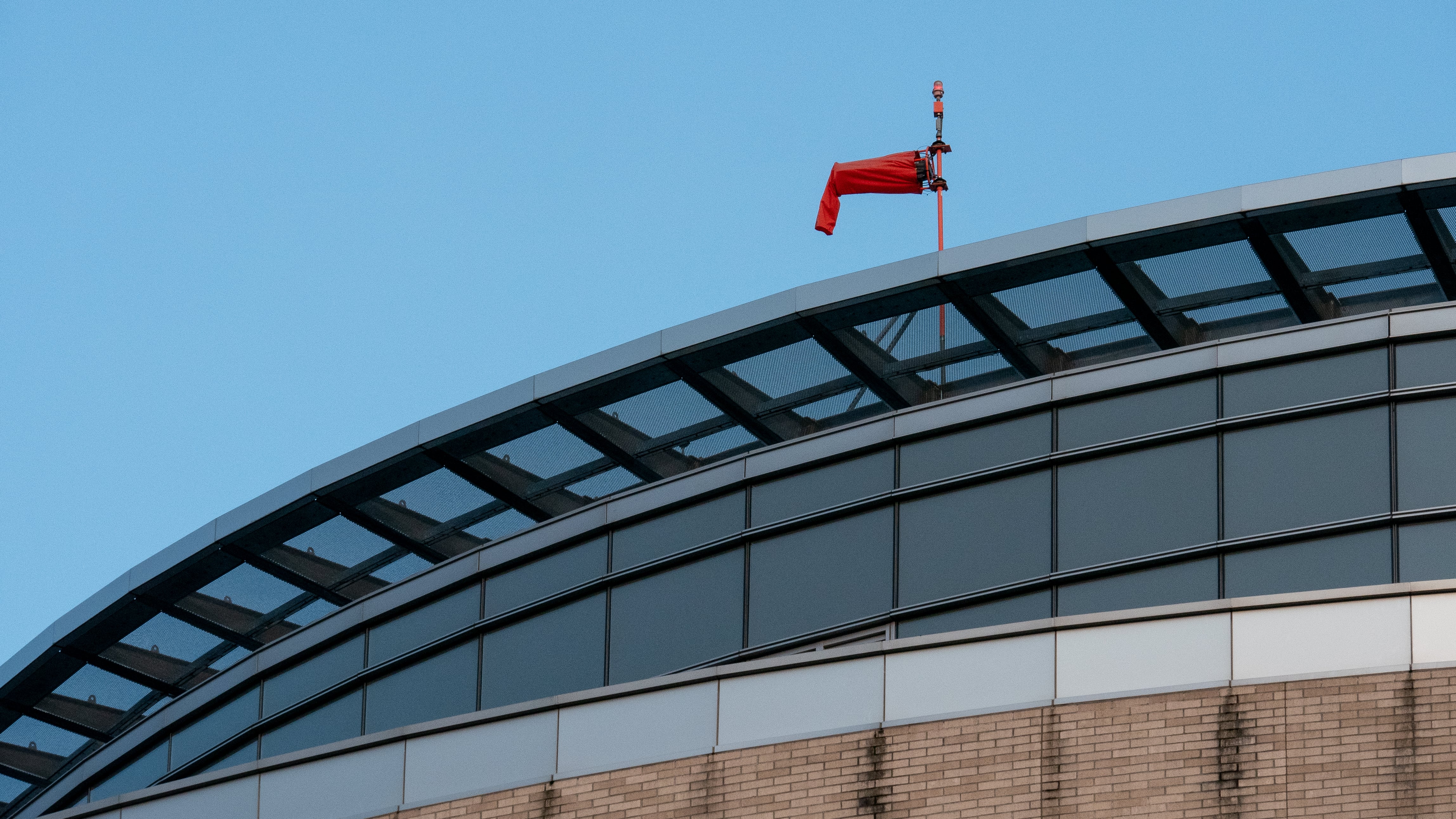Disruption of patient care because of UnitedHealthcare’s denial rates and long wait times for payment “remain a sticking point” in negotiations with the insurer, Oregon Health & Science University says.
OHSU has warned 74,000 patients covered by UnitedHealthcare that they may lose access to OHSU hospitals and clinics unless difficult negotiations result in an agreement before the existing contract expires March 31.
“Operational and financial issues in the UnitedHealthcare contracts have resulted in significant disruption of patient care, which OHSU finds unacceptable and remains a sticking point in negotiations,” an OHSU spokeswoman said in response to questions about the talks.
The fight comes as OHSU tries to boost revenue to cover costs for wages and supplies that rocketed during the pandemic and remain stubbornly high. At a board of directors meeting last week, OHSU reported that it had a loss from operations of $33 million in the six months ending Dec. 31, down from $69 million in the same period a year earlier.
The 74,000 patients include those at OHSU, along with Hillsboro Medical Center and Adventist Health Portland. Hillsboro Medical Center and Adventist are partners that share patients and providers with OHSU.
On a website devoted to the OHSU negotiations, UnitedHealthcare says OHSU is asking for a 36% price increase for services covered by the insurer’s commercial plans over two years, in addition to a 15% increase for Medicare Advantage plans. Together, those changes would raise health care costs for people and employers in Oregon by $88 million, UnitedHealthcare says.
For its part, OHSU says UnitedHealthcare has a 56.4% denial rate, compared with the industry standard of 5% to 10%, an OHSU spokeswoman said in an email. It takes UnitedHealthcare an average of 307.3 days to resolve claims, the longest of all of the insurance companies that OHSU does business with.
UnitedHealthcare accounts for 48% of all peer-to-peer denials at OHSU. A peer-to-peer denial is a conversation between an OHSU provider and an insurer’s medical director that occurs when a payer denies a claim.
UnitedHealthcare took issue with OHSU’s statistics.
“In short, OHSU’s allegations regarding claims and denials are false,” a company spokeswoman said in an email.
UnitedHealthcare pays 98% of all claims for eligible members, “when submitted in a timely manner with complete, non-duplicate information,” the spokeswoman wrote. “For the 2% of claims that are not approved, the majority are instances where the services did not meet the benefit criteria established by the plan sponsor, such as the employer, state or Centers for Medicare & Medicaid Services. Only 0.5% of claims are not approved based on clinical evidence and patient safety. ”
UnitedHealthcare, the largest health insurer in the U.S., became the subject of national attention in December when its CEO, Brian Thompson, was shot and killed in Manhattan while walking into the New York Hilton Midtown for the annual shareholder meeting of parent company UnitedHealth Group.
The fight between OHSU and UnitedHealthcare is one of at least two in the Portland area. Aetna dropped Providence Health & Services from its network Dec. 31, after months of negotiations came to naught.
